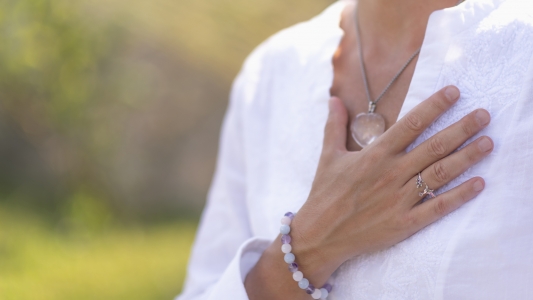Tekhinot are traditional Yiddish prayers, usually written by women over the centuries, to mark situations unique to women and women’s life passages.
A tekhine to be said when we go to shul after childbirth:
O great King, when we were worthy and dwelt in our land and your presence rested amongst us in your holy palace, the Bais HaMikdash, a woman who gave birth to a child had to bring an offering of two doves. One was a sin offering and the second was a thanksgiving offering for the kindnesses that You did for her during the time of carrying and giving birth. Indeed, she was saved from grave danger.
But now because of our iniquities we lost our Holy Temple and I cannot bring an offering. The prophet says, “The songs and praises of our lips that we say before You are accepted by Your mercy immediately as if we would have brought a real sacrifice.” Therefore I come to Your holy house, a “mini Bais HaMikdash,” to praise and to thank Your Dear Name for the great kindness that you did for me. I pray, You are praised, Holy God, King of the World, Who does good to sinful man and has also done to me much good and saved me from great danger, and blesses me with fruit of my womb, with a child for long life. So with Your kindness I have lived to come to Your Holy House. I bow in Your Holy Palace with awe.
And I beg that You never remove Your kindness from me. Let us merit to raise the child without trouble, to be a good Jew and to have awe of Heaven. May it be your will that you build the Bais HaMikdash in our times. There we will offer to You the offerings that You command us in Your Holy Torah. Amen.













